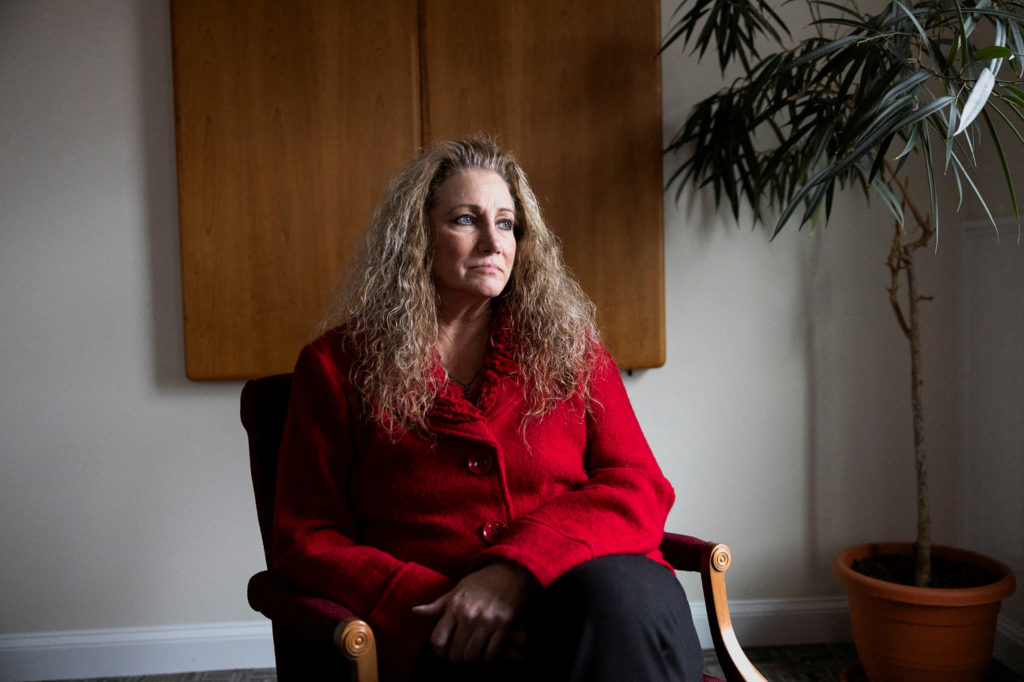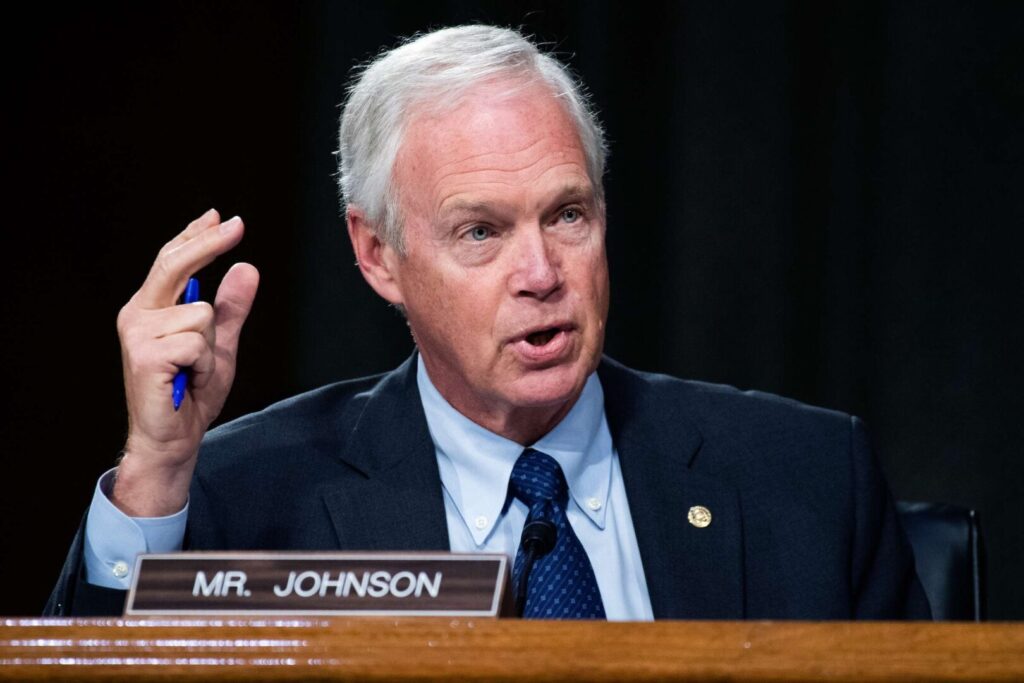The Supreme Court on Thursday unanimously revived a lawsuit by a straight woman alleging reverse discrimination by her former employer, lowering the legal barrier for white and straight employees to bring similar claims.
The 9-0 decision rejected the idea that plaintiffs from a majority group must show “background circumstances” in addition to meeting the usual requirements of Title VII of the Civil Rights Act of 1964, which bars workplace discrimination based on race, color, religion, sex and national origin.
“Title VII does not impose such a heightened standard on majority-group plaintiffs,” Justice Ketanji Brown Jackson wrote for the court.
Marlean Ames, who worked for the Ohio Department of Youth Services for 20 years, sued under Title VII, claiming she was denied a promotion and demoted in favor of gay colleagues.
Ames turned to the high court after lower courts sided with Ohio, ruling that she had not shown “background circumstances” suggesting hers was the rare case of discrimination against a majority-group worker.
“By establishing the same protections for every ‘individual’—without regard to that individual’s membership in a minority or majority group—Congress left no room for courts to impose special requirements on majority-group plaintiffs alone,” Jackson wrote.
Separate Concerns Raised
Justice Clarence Thomas, joined by Justice Neil Gorsuch, wrote separately to raise concerns about the framework the court established in a 1973 decision for evaluating employment discrimination claims. Thomas argued that the framework might not be “workable and useful” and could distort the law.
“Judge-made doctrines have a tendency to distort the underlying statutory text, impose unnecessary burdens on litigants, and cause confusion for courts. The ‘background circumstances’ rule—correctly rejected by the Court today—is one example of this phenomenon,” Thomas wrote.
Xiao Wang, director of the University of Virginia’s Supreme Court Litigation Clinic, who argued Ames’s case, said he was pleased with the ruling.
“This has been a long process and ultimately a journey,” Wang said. “We’re really happy the Supreme Court ruled in our favor.”
The Ohio attorney general’s office did not immediately respond to a request for comment.
Case Background
Ames began working for the Department of Youth Services in 2004 and was promoted to administrator of the Prison Rape Elimination Act in 2014. In 2019, she interviewed for another position but was not hired. Her gay supervisor suggested she retire, and days later, she was demoted with a significant pay cut. A 25-year-old gay man was then promoted to her former position. Months later, the department chose a gay woman for the job Ames had unsuccessfully applied for.
A three-judge panel of the 6th U.S. Circuit Court of Appeals said Ames would have prevailed if she were a gay woman but ruled against her because she did not meet the added requirement as part of a majority group.
Ames’s Supreme Court appeal was supported by the Justice Department, America First Legal Foundation, and the libertarian Pacific Legal Foundation. The NAACP Legal Defense & Educational Fund and the National Association of Counties were among those filing briefs supporting Ohio.



